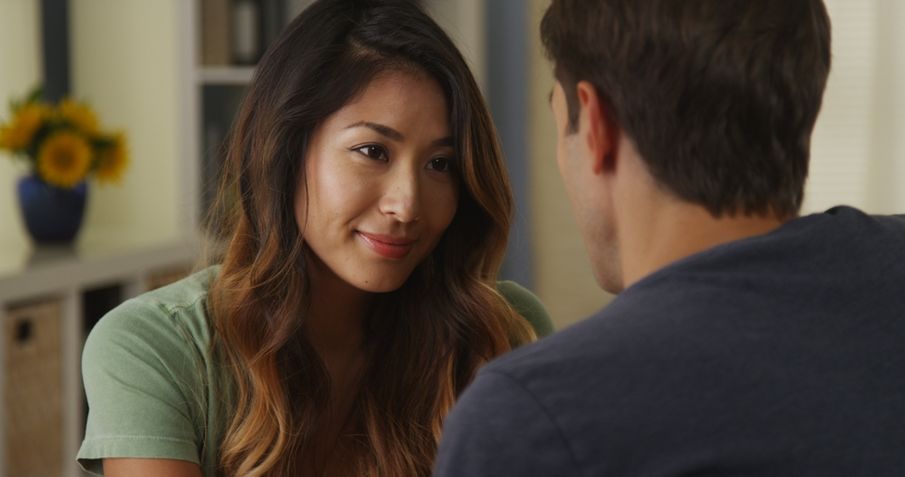1 in 5 people are afraid their partners will judge them for attending therapy. Here, we explore how to approach the conversation
Beginning therapy is a huge step, and it can often take overcoming a plethora of hurdles to get there. One of those hurdles may be telling the people in your life about your decision, and a new poll from Superdrug Online Doctor has found that opening up to a partner about attending therapy is another challenge that comes laced with anxiety.
In a poll of more than 1,000 people, researchers found that one in five people are afraid of judgement from their significant other – leading women to take between 0–three months to tell their partner they attend therapy, and men four–six months.
Considering this fear, Jo Howarth, hypnotherapist and founder of The Happiness Club, examines where it stems from.
“In my experience, people feel this way largely because we have a culture where mental health issues are frowned upon, not taken seriously or even viewed as shameful,” she says. “The person undergoing therapy may feel ashamed that they have to get this kind of help or it may simply be that the issues they need help with are deeply personal. It has taken all of their courage to seek help in the first place.”
It’s a situation that’s familiar to Chenoa Parr who began online therapy in November 2020, and felt anxious about opening up to her husband.
“We've been together for almost 28 years, and I've had therapy before, so I shouldn't have worried,” Chenoa explains. “But this time it felt a bit like maybe I had failed, or that he would feel he failed or wonder why I needed therapy when I had it five years ago?”
In an effort to overcome these fears, Chenoa began dropping the idea of therapy into casual conversations with her husband, during their daily walks.
“He said, 'Whatever you need to make you feel better, I'm here for you and just want you to be happy.'” She reflects. “He's a real sweetheart, so I didn't need to worry in the end. It also brought us even closer together.”

Chenoa had BWRT (BrainWorking Recursive Therapy) to help her treat CPTSD, which was triggered by the pandemic.
“My husband was very supportive and felt proud and happy that I was feeling better. There was no need to worry!” she says.
Darren Taylor, author of Find Your Sober Bubble, had a similar experience when opening up to his wife.
"I was extremely anxious about admitting to my wife how I felt and that I was looking to start some therapy," he says. "I had lost confidence, which made me anxious about admitting that mentally. I was suffering, which in turn led to more drinking."
But Darren's wife was very supportive when he did speak to her, and even helped him to find an NLP practitioner, who set him on the road to recovery.
When it comes to having these conversations, Jo recommends taking it at your own pace:
“If someone feels concerned about letting their partner know that they are seeing a therapist then I would absolutely advise them not to force themselves to tell before they are ready. That could have an adverse effect on the therapy itself.
“When they do feel ready, then create a comfortable environment to have that conversation in, at a quiet time, with limited or no possible distractions, when both of you are feeling as relaxed as possible.”
Prepare a few points in advance, if that would help you to structure the conversation. If you’re comfortable, be ready to answer questions, or think about the boundaries that you want to set if you need to.
It takes a lot to untangle yourself from the stigma surronding mental health. Remember that you are in control of how much you want to share, and when you do it. Talking about therapy is a big step, and you should do so on your own terms. It's an intimidating thought but, you never know, you may unlock a whole new level of connection within your relationship.
Connect with a counsellor using counselling-directory.org.uk


Comments